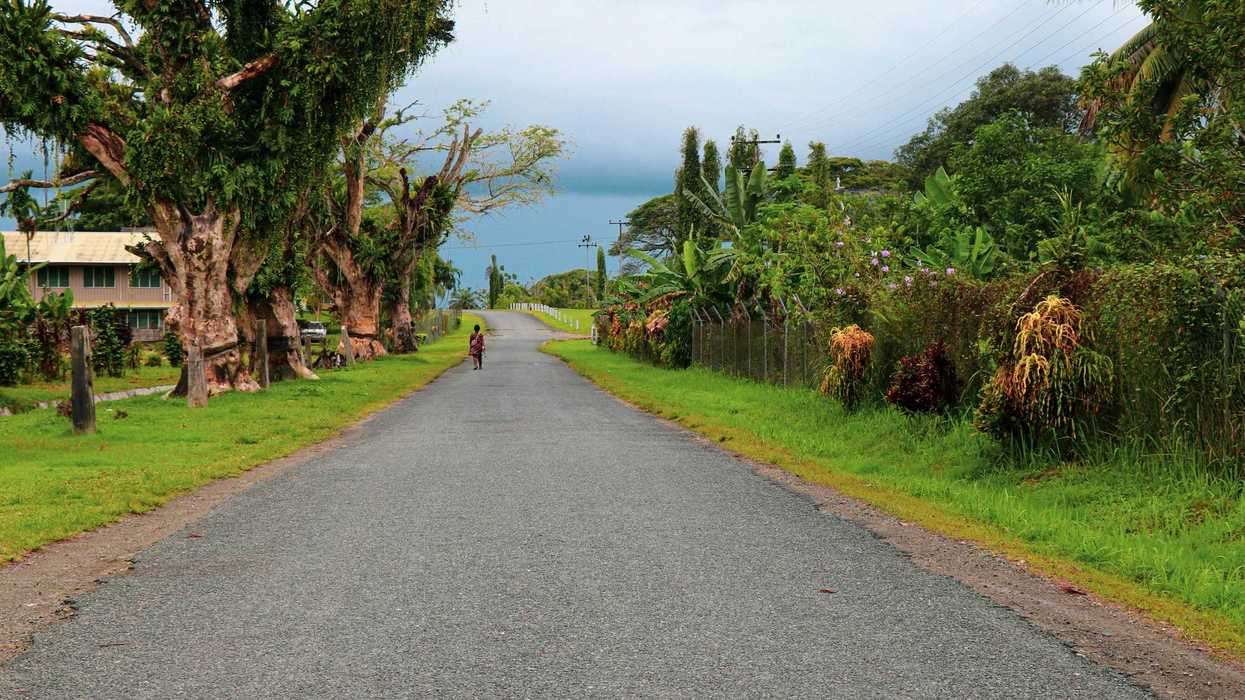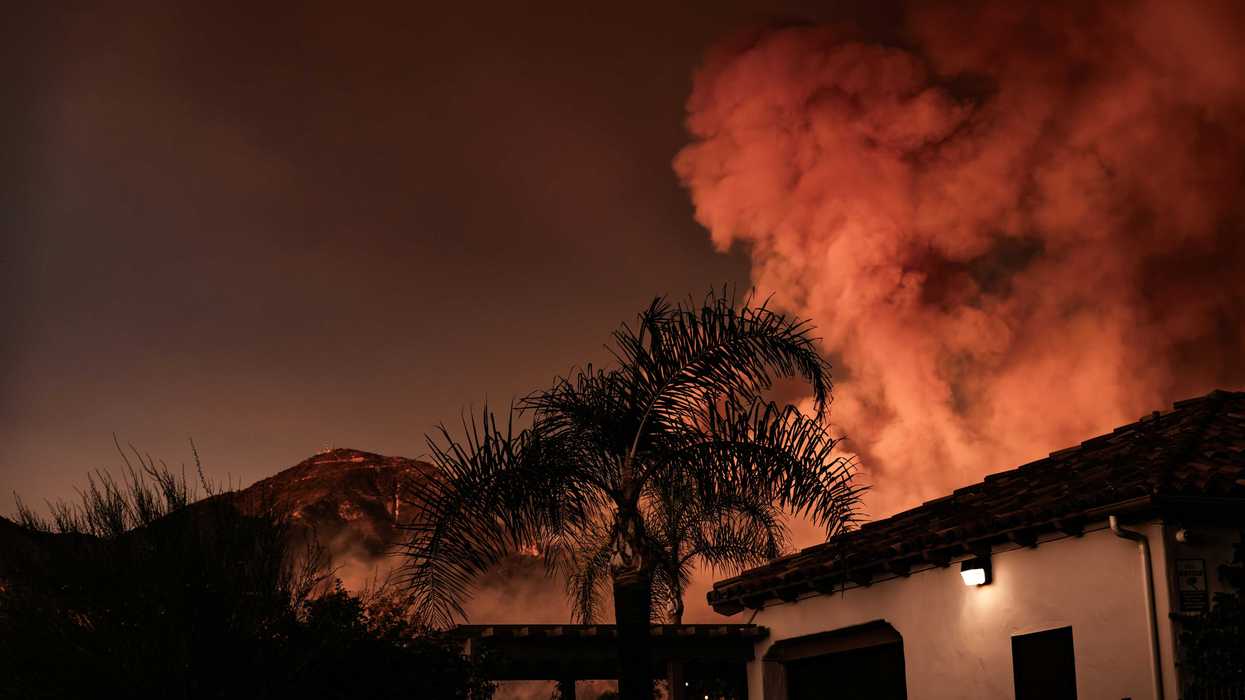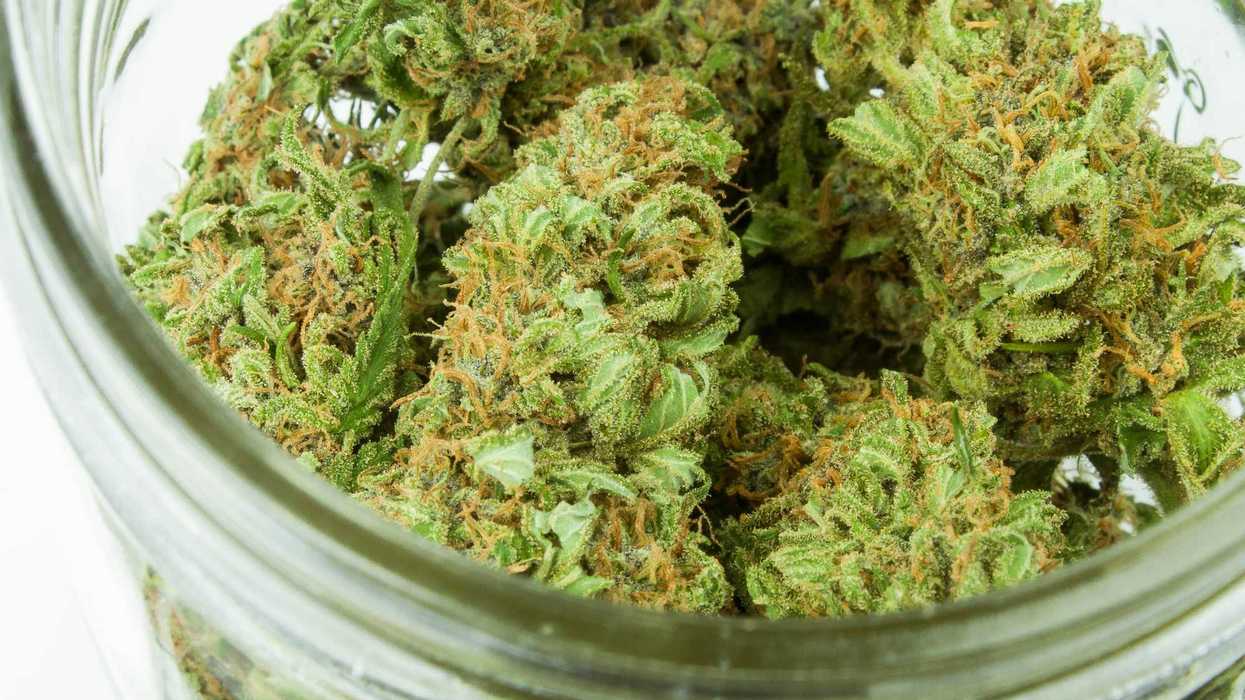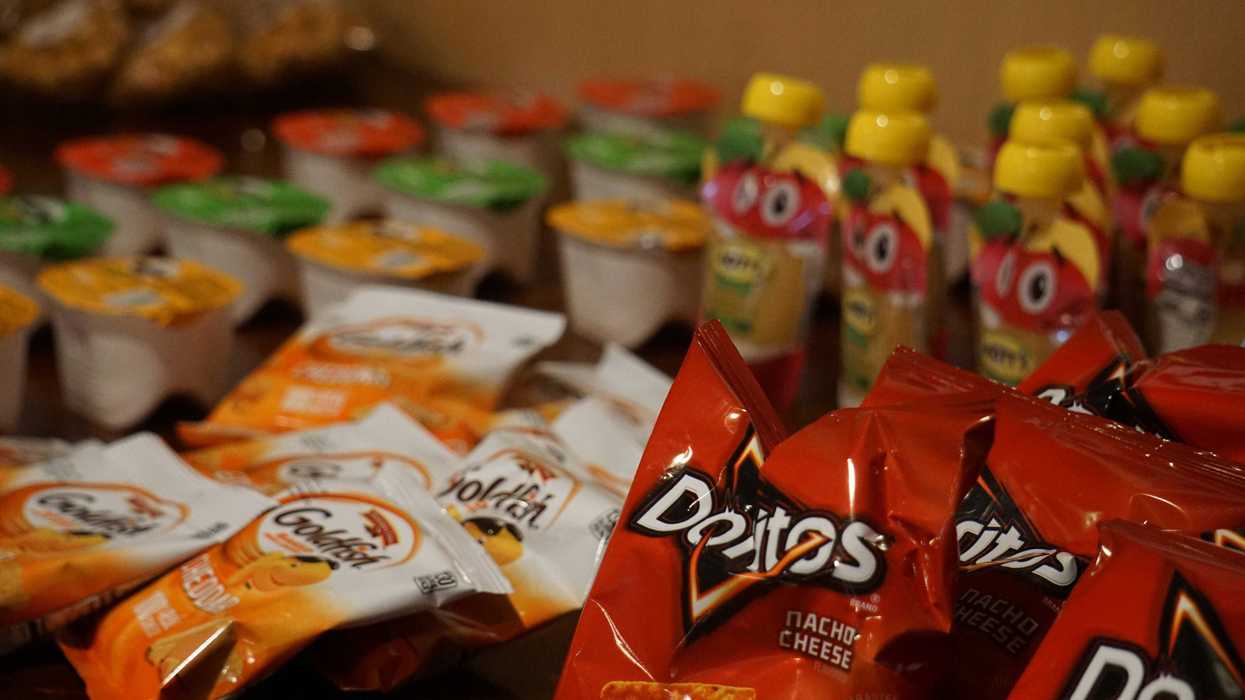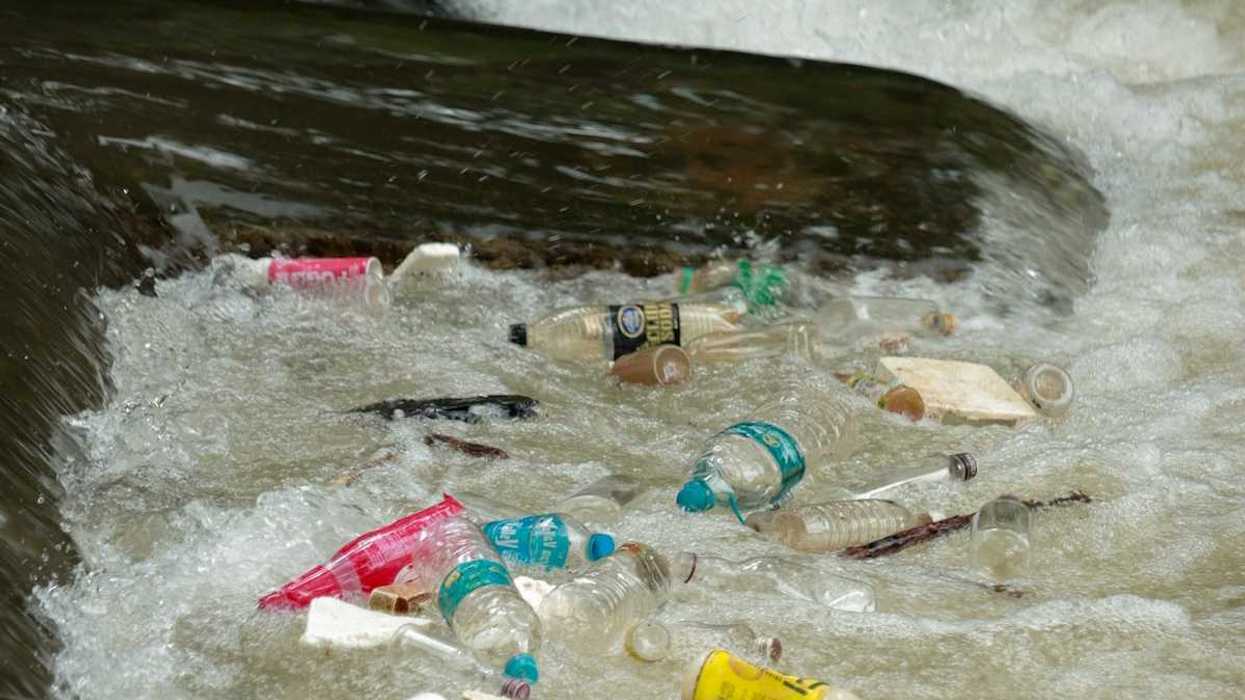Florida's agricultural land is rapidly shrinking due to increasing development and climate change, jeopardizing the state's position as a major supplier of fresh winter produce in the United States.
Meryl Davids Landau reports for National Geographic.
In short:
- Florida's farms, which provide a large portion of the nation's winter produce, are at risk of being converted to residential and commercial uses by 2070.
- Climate change and rising sea levels also threaten Florida's agricultural land, potentially reducing the state's capacity to produce fruits and vegetables.
- Florida farmers face financial pressure due to competition with Mexican imports and lack sufficient legal protection against land conversion.
Key quote:
“Once farmland is converted to a neighborhood, it can’t reverse back. If you lose farmland, it is gone.”
— Zhengfei Guan, agricultural economist
Why this matters:
The loss of Florida's farmland could disrupt the U.S. winter produce supply and increase reliance on imported fruits and vegetables. This dependency raises concerns about pesticide use and food security, impacting both health and environmental sustainability.




